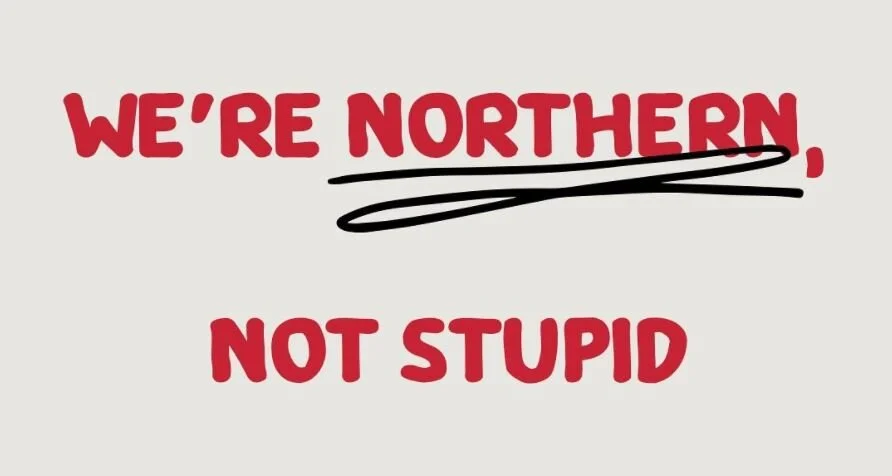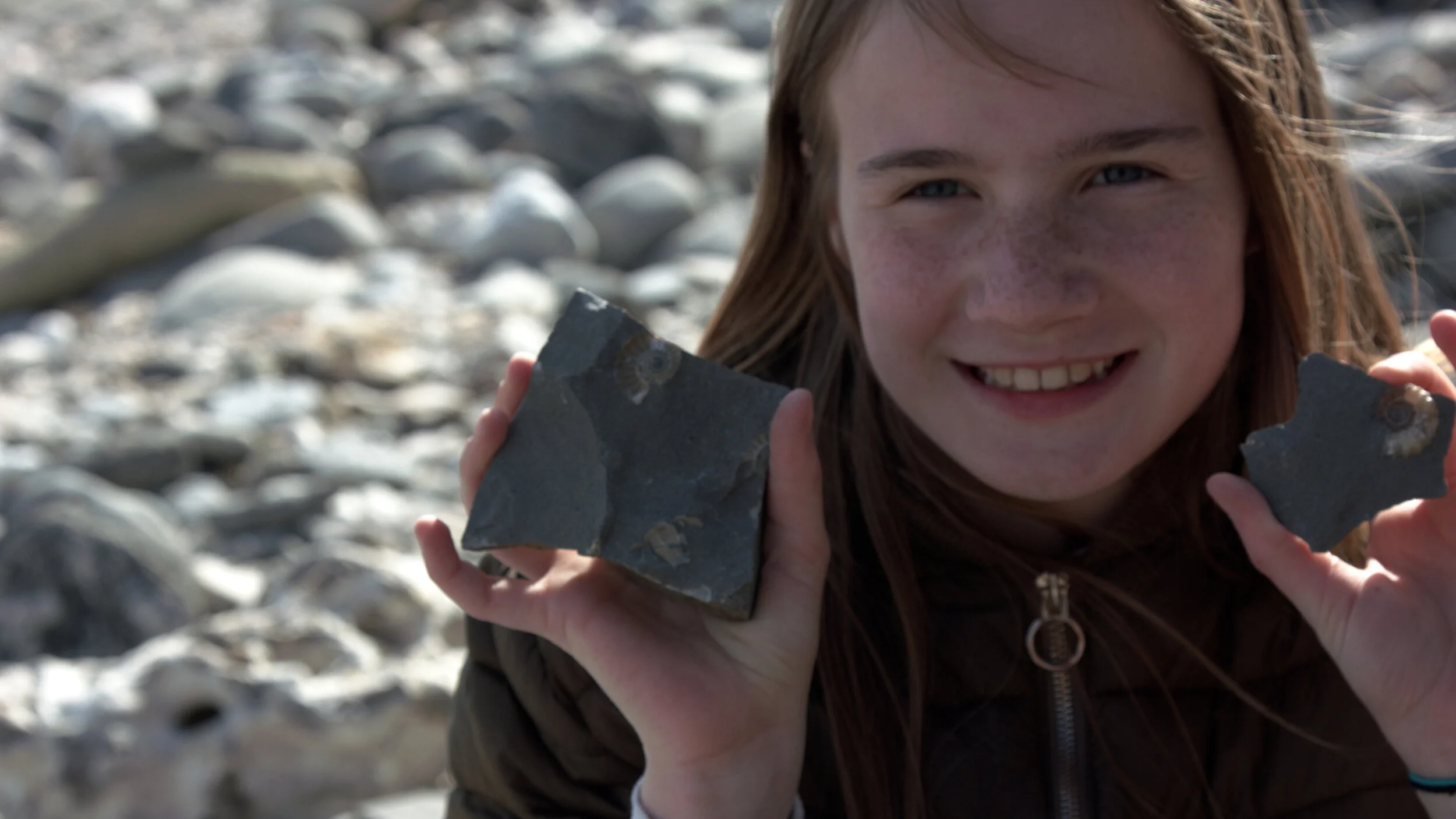Understanding RED-S: what we don’t know about women and sport
Content warning: disordered eating, dieting, eating disorders
Having represented Great Britain for a decade, Pippa Woolven is an elite runner at the top of her game. It hasn’t all been about success, however, and only recently has Pippa been able to understand years of “seemingly unconnected symptoms” as the little-known condition RED-S: Relative Energy Deficiency in Sport. Now, she’s committed to raising awareness of this devastating illness and wider female health issues through her new resource, Athletes inbalance.
So, what is RED-S? “It’s the negative balance between energy intake (i.e.. food consumed) and energy expenditure (i.e.. physical exertion),” Pippa explains. Whilst athletes, particularly those competing in endurance sports, may be at the greatest risk of developing RED-S, the danger is unfortunately far more pervasive. “With the endless bombardment of fad diets, social media influencers and ‘health’ bloggers promoting the need to look, exercise or eat a certain way, anyone can be at risk,” Pippa warns.
The symptoms of RED-S can be wide ranging and seemingly unconnected, making it difficult to diagnose. Unexplained fatigue, iron deficiency, disordered eating and anxiety are just a few, demonstrating how the condition spans both physical and mental health. Having worked with Pippa for years, reconciling the depth of these symptoms with what I saw from the outside is jarring. “In the face of low energy availability, the body lacks fuel to direct towards ‘non-essential’ functions,” explains Pippa. “This can negatively impact almost every system in the body, but for females one particularly concerning effect is the suppression of the female reproductive system, which can result in Hypothalamic Amenorrhea: the loss of a menstrual cycle.”
Stigmatised cycles
This symptom is so concerning because in the sport world - as in society as a whole - menstrual cycles remain a stigmatised taboo, meaning the significance of a lost or disturbed cycle is often overlooked. “I started elite running aged 16, with access to all the facilities and coaching in the world, but nothing at all in terms of education about the menstrual cycle,” says Pippa. “I never discussed it with my coach, never talked about periods in the context of sport performance – it’s really quite incredible.”
“It’s just one example of how grossly misunderstood females are,” she continues. “I can’t tell you how many doctors, even endocrinologists, assured me my missing periods were nothing to worry about. Our health conditions are under-researched, misunderstood and stigmatised. When we don’t understand our bodies, we’re made to feel that we’re unpredictable, and that we should just put up with the symptoms we’re experiencing – and that’s not the way we should be living.”
One page of Pippa’s website is entitled Menstrual Myth Busters. “It’s such a shame that we’re so behind in modern gynaecology that we’re still talking about this!” she exclaims. A particularly prevalent misconception is that the withdrawal bleed experienced on the contraceptive Pill is a period, making the Pill a suitable substitute for a natural menstrual cycle (spoiler: it’s not. Rather, it’s the shedding of the endometrial (womb) lining). “You can’t blame individuals for not knowing,” emphasises Pippa, “and because we’re badly educated on our own biochemistry, we continue making poor choices for our own menstrual care.”
What you’ll want to know about hormones
It’s not just the bleed itself: periods and their side effects are dismissed as irrelevant or irrational, even laughed at. But working with our body’s fluctuations could be the secret to, if not success at, a much more positive Park Run. “Just the word ‘hormone’ conjures up a moody female. Actually, hormones are amazing, the essence of so many different aspects of life – our good moods, too.” As a recreational runner myself, sometimes I feel as though I’m bouncing on air, and at other times it’s as if I’m dragging my thighs around. Could that be down to my cycle, I ask? “Absolutely! Understanding your natural rhythm – I’m ovulating and that’s why I’m struggling, for example – can totally transform your relationship with exercise. Instead of feeling demoralised, you can embrace it and know tomorrow is a new day. I’m so excited for you to explore this!” So how do we start? “There are some great free apps that track your cycle and give you hints and tips.” See links below for more details.
Eating and exercise
Another significant symptom of RED-S is disordered eating. Pippa emphasises that she isn’t a qualified nutritionist or medical professional, but includes on her website some prompts which, from her personal experience, can help indicate if you might be suffering:
- Do you think about food a large percentage of the time?
- Do you attach guilt or shame to eating certain food groups?
- Do you feel anxious about eating around others or going to new places to eat?
- Do you feel out of control around food?
- Do you feel a need to ‘earn’ your food?
- Do you use exercise, food restriction or fasting to make up for eating ‘bad’ foods?
Reading this, I start to feel uncomfortable – some questions in particular are really striking a chord with me. Pippa is careful to outline the difference between disordered eating and eating disorders: “Eating disorders, such as anorexia nervosa or bulimia nervosa, are clinically diagnosed according to specific and narrow criteria surrounding body weight and eating behaviours.” But is it possible to define the difference at the other end of the scale: when does paying attention to a healthy balanced diet and lifestyle stop, and disordered eating begin?
Pippa takes a deep breath. “To this day, I don’t know if I know a single woman who hasn’t got some level of preoccupation with food. It might be in an outwardly healthy way: I just feel it’s incredibly difficult in the culture we live in to maintain a neutral approach to eating. Having experienced that level of obsession myself, I can see it in other people.”
It’s crucial to emphasise that both disordered eating and eating disorders don’t solely affect women: Pippa has written a blog article on cricketer Freddie Flintoff’s 2020 documentary, in which he speaks candidly about his experience with bulimia. “There’s this stigma that it’s a teenage girl issue. Anyone of any gender, body shape, size or BMI (body mass index) can be suffering with an eating disorder. Men do get overlooked, and that’s a real barrier to treatment and support. Most males who do seek help have a very severe eating disorder by that point.”
I’d always seen Pippa as someone to look up to in terms of health: unlike other friends and colleagues, she never skipped meals, and I was frequently heartened by how much she did eat. Doesn’t this demonstrate the massive disconnect between the way we see ourselves and the way others see us? “You would never have understood what was going through my mind, because I couldn’t even admit it to myself. I would have been so terrified by the prospect of someone bringing cake into the office, because I was supposed to say no to that because I was meant to be this athlete. I was trying to recover from disordered eating, but I didn’t want people to tiptoe around me or look at me in a certain way. Trying to live up to a certain narrative you’ve created for yourself is difficult: I just wanted to be normal.”
Let’s talk
Better education and better role models are crucial in tackling these problems, Pippa counsels. “I have lived the despair of not understanding your problems, and not knowing who to turn to. Now I’m trying to be that resource for someone else, because you can come through this.” Athletes inbalance aims to raise awareness and, ultimately, achieve change at a structural, governing-body level. However, an accident led to Pippa sharing her story at all. “A fellow international runner, who’s also a doctor, was invited to speak at the 2019 BBC Get Inspired conference about the medical side of RED-S. She couldn’t make the date, and put me forward instead, which kickstarted the whole thing.” Whilst Pippa knew she wasn’t alone in her experience, she had been wary of coming forward: “I didn’t want to be perceived as weak, or as making excuses for why I didn’t make the Olympics. I was also so traumatised by the whole ordeal; I didn’t know whether I want to relive it again – but we have to talk about this.”
The significance of these topics can’t be overstated, and we’ve only just scratched the surface. Is it possible for Pippa to sum up what’s she’s learnt in three words? “Hormones are everything?” she suggests. “No – for a more holistic approach, which I’d always recommend, balance is everything.”
Resources to explore working with your menstrual cycle: https://www.fitrwoman.com/ https://www.floliving.com/ https://www.drstacysims.com/ (including ROAR, her 2016 book)
For more about Pippa’s story than I can ever do justice to, and for support concerning any of the above, please visit https://www.athletesinbalance.com
Title image courtesy of Keith McClure
Katherine works in heritage outreach and is based in Bristol. When she’s not busy re-examining history from a female perspective, she lives the 19th-century high-life: embroidering, wild swimming and spending far too much money on gin. Find her on Instagram: @_kgwrites_.





